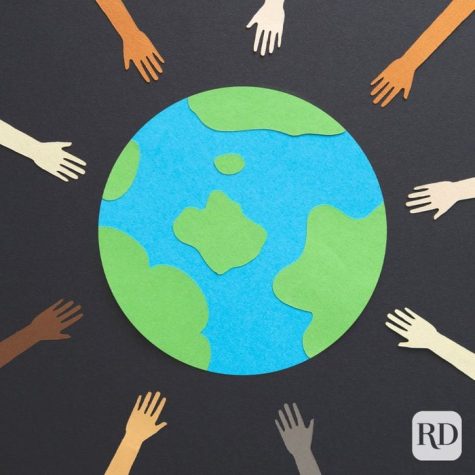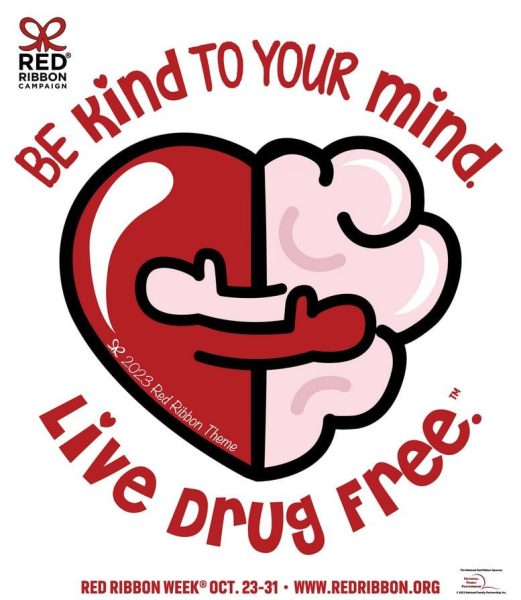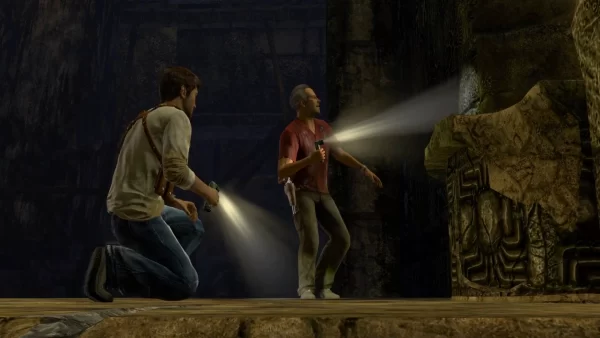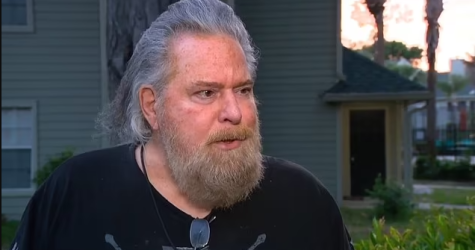We Need To Talk About Climate Change
Introduction
This is GHS Indian Post, and this week’s article is about climate change. We will be going over its significance, effects on us and the environment, and what we can do to help.
What and Why
Climate change is long term shifts in temperature and weather patterns. These shifts can be natural such as volcanic eruptions or the sun’s intensity, but most of climate change has been caused by human activity. This is due to burning fossil fuels such as coal, oil, and gas. However, burning fossil fuels is not the only reason for climate change.
The change in climate is also caused by us cutting down forests (deforestation), fertilizers that contain nitrogen and increasing farming livestock. The burning of fossil fuels produces carbon dioxide and nitrous oxide. Trees help regulate the climate by absorbing carbon dioxide from the atmosphere. Cows and sheep produce methane when digesting their food, and fertilizers containing nitrogen create nitrous oxide emissions. As a result, the Earth is now 1.1 C warmer than it was in the 1800s. The last decade, 2011-2020, was the warmest ever recorded.
The consequences of climate change now include intense droughts, severe fires, rising water levels, declining biodiversity, and the list goes on.
How Climate Change affect us
People are experiencing climate change in many different ways. It affects our health, ability to grow food, housing, safety and work. Some of us are way more vulnerable to climate impacts. Conditions like seal-level rise and saltwater intrusion have hit the point where communities had to relocate.
As climate change worsens, dangerous weather events are becoming more frequent or severe.
How we can fix this
We can all do our part to help limit climate change. From the way we travel, use electricity, to the things we buy. Here are some examples:
- Change our source of energy
Try to switch to renewable sources such as wind or solar. Reduce your carbon footprint.
- Throw away less food
When you throw away your wasted resources and energy that were used to grow that food. When food starts to rot it produces methane, cutting your food waste can reduce your carbon footprint and methane emissions.
- Walk, bike, or take a public transportation
Roads and highways are always clogged with vehicles that burn lots of diesel fuel or gasoline. Walking or biking will reduce greenhouse gas emissions. And for long trips take a train or bus.













